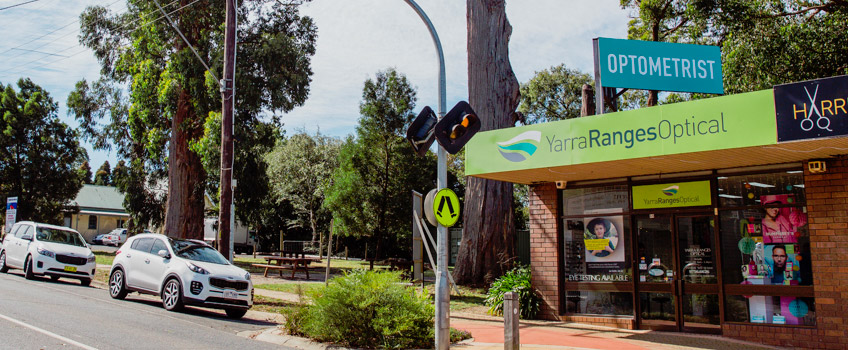Myopia Control
Myopia, also known as short-sightedness, is a common eye condition where distant objects appear blurry. This happens when the eyeball is too long or the cornea is too curved, causing light to focus in front of the retina. Myopia often starts in childhood and can get worse over time, making early detection and treatment essential.
The Role of Lifestyle in Myopia
Recent research shows a clear link between lifestyle and the development of myopia. Excessive screen time, limited time outdoors, and lots of close-up activities like reading can all contribute to rising myopia rates in children. To help lower the risk, we recommend:
- Reducing digital device use.
- Spending more time outdoors (at least two hours a day).
- Taking regular breaks from near tasks.
Myopia Treatment Options
Today, we have several effective options to manage myopia and slow its progression.
- MiyoSmart lenses: These are specially designed glasses that help slow down the elongation of the eyeball.
- MiSight Lenses: These soft contact lenses are designed to prevent the eyeball from elongating, which is the root cause of myopia progression.
- Low-Dose Atropine Drops: In some cases, low-dose atropine eye drops may be recommended for children to relax the eye’s focusing muscles. This treatment is generally well-tolerated with minimal side effects.
These interventions not only correct vision but also help reduce long-term risks associated with high myopia, such as retinal detachment and glaucoma.
Why Early Detection is Key
The sooner we identify myopia, the better our chances of slowing its progression and protecting long-term eye health. At Yarra Ranges Optical, our team is professionally trained to recognize the early signs of myopia and create a personalized treatment plan. We understand the importance of timely intervention, especially for children.
Book an Eye Test Today
Routine eye exams are essential for everyone. For children, their vision can change rapidly, so regular checks are a priority. Blurry vision, squinting, or headaches can all be signs of myopia. If you or your child have any of these symptoms, don’t wait. Whether you need a new pair of glasses or a personalized myopia control plan, Yarra Ranges Optical is here to help. Book a comprehensive eye test with us today to start your journey toward clearer vision and healthier eyes for life.



